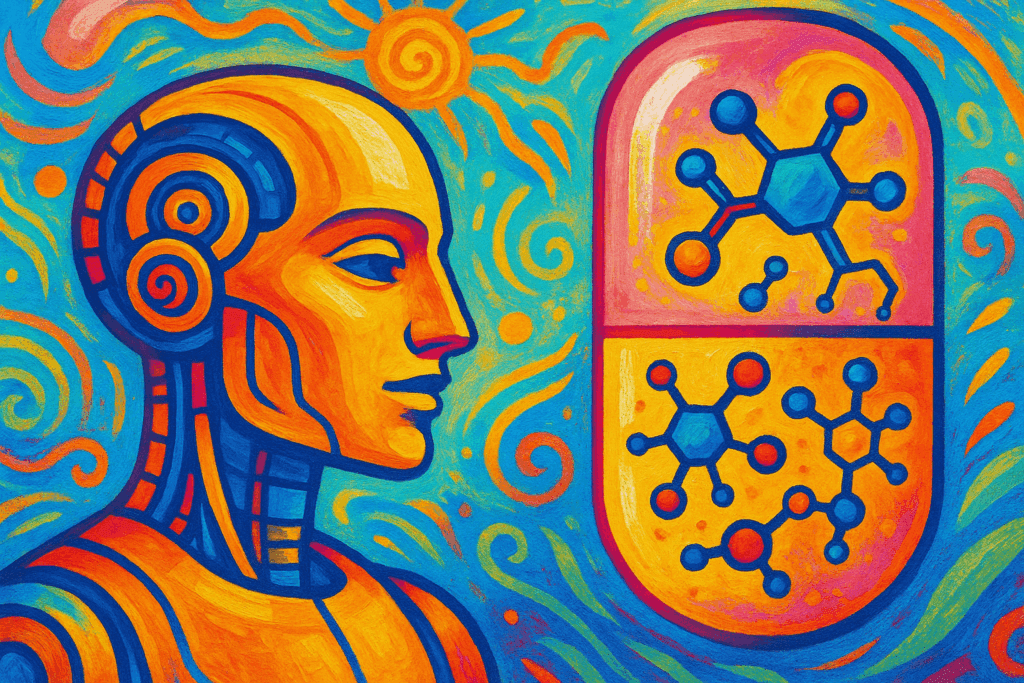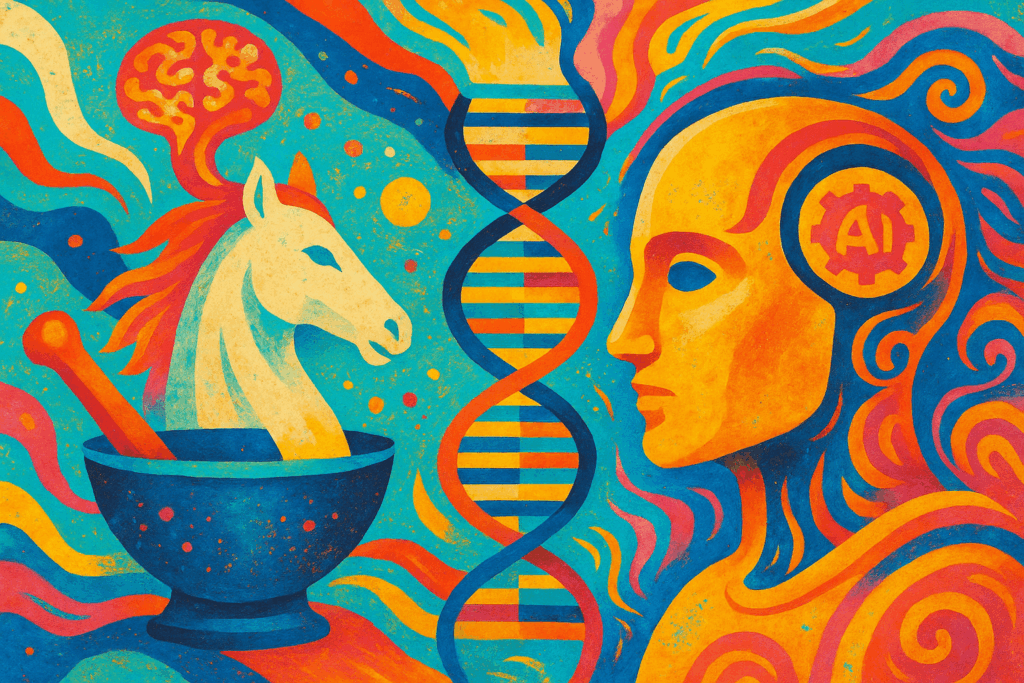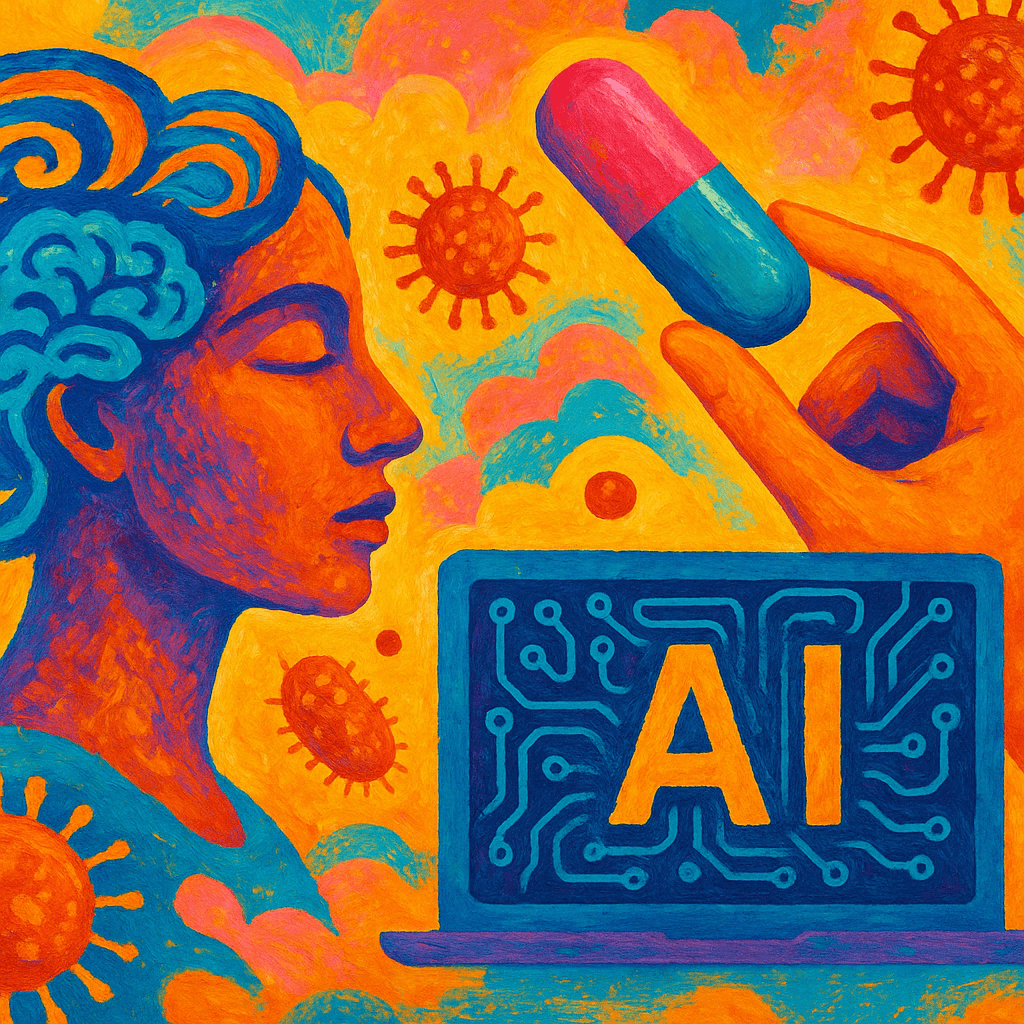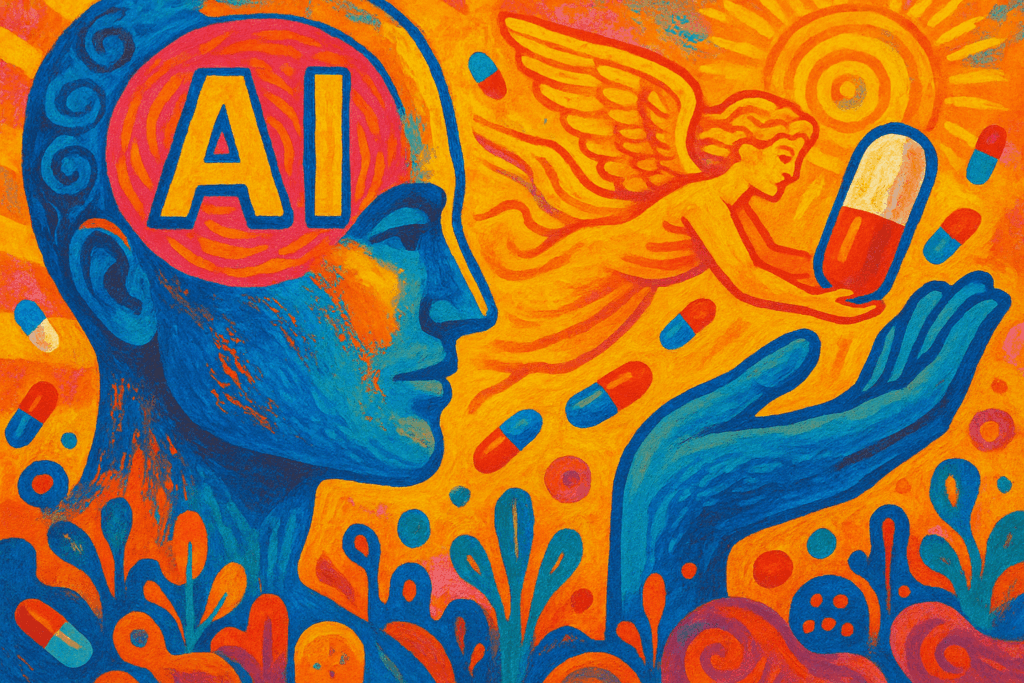Generative AI and automation are increasingly central to modern drug discovery, reshaping how small-molecule medicines are developed. These tools drive faster, more precise design and synthesis processes, moving beyond initial hype to practical application in pharmaceutical R&D.
Smart Design Meets Automated Synthesis
AI algorithms generate novel molecular structures even when limited data is available, improving the quality and diversity of drug candidates. Integrating automation with these AI-driven designs enables more efficient chemical synthesis, reducing manual trial-and-error efforts. Closed-loop systems combine AI design, robotic synthesis and testing, and rapid data analysis to streamline the entire drug discovery cycle known as Design, Make, Test, Analyse (DMTA). This approach significantly shortens the “Make” phase, accelerating the iteration speed across development stages.
Tangible Benefits and Future Prospects
McKinsey estimates that generative AI could contribute between $60 billion and $110 billion annually to the pharmaceutical industry by improving R&D efficiency. Companies report faster timelines, lower failure rates, and an increased ability to explore viable compounds. Scientists gain support through augmented decision-making rather than replacement. Looking ahead, scaling these technologies and strengthening internal AI knowledge will be key to unlocking further value. Smarter decision frameworks based on advanced data will guide next-generation drug pipelines, driving innovation and business growth.




